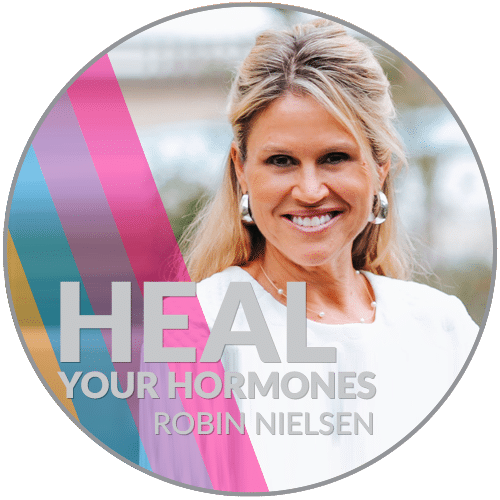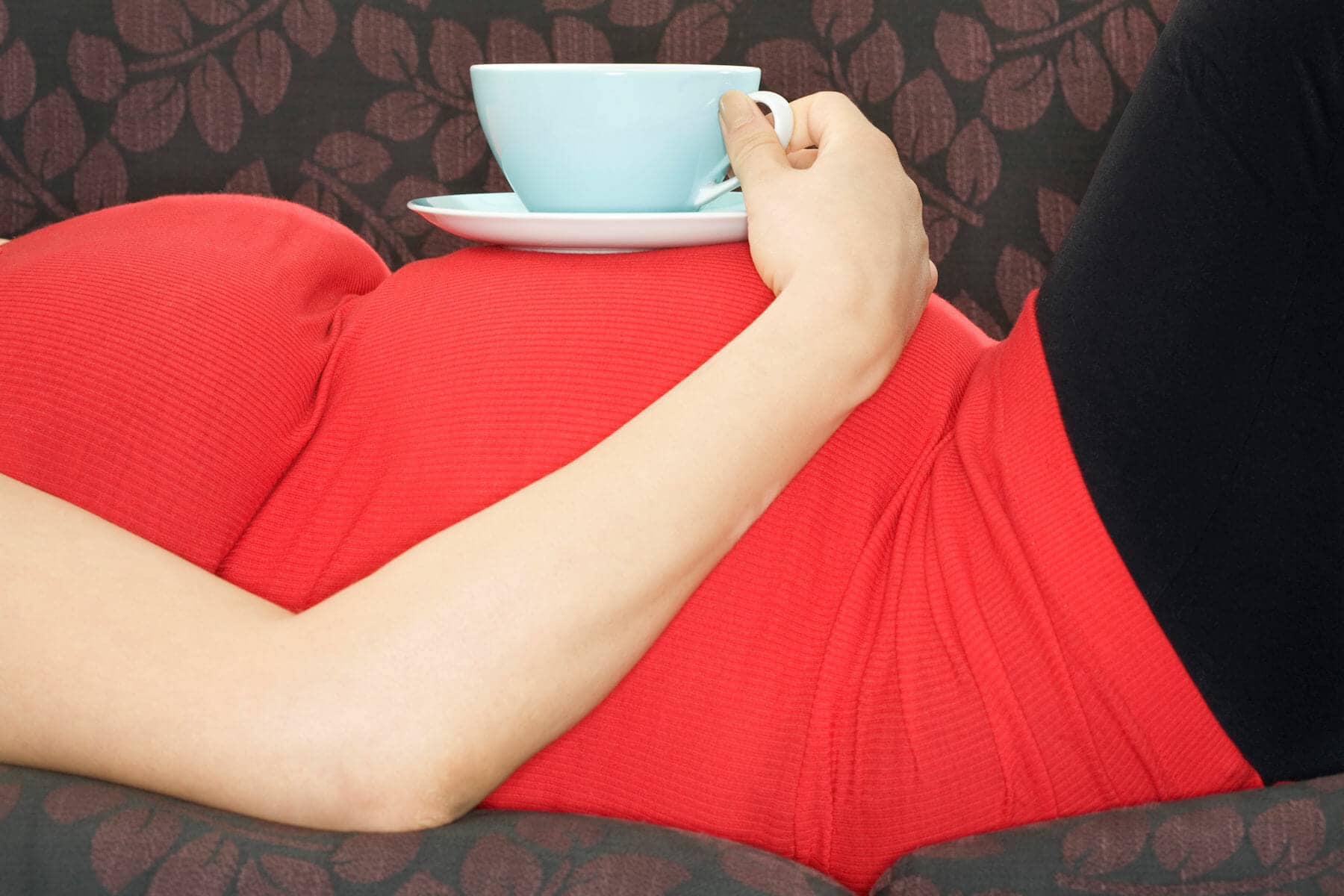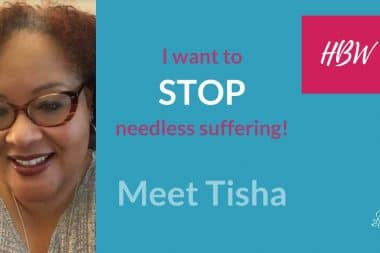What is Movement as Medicine?
For women with PCOS, most doctors recommend lifestyle changes to assist in managing symptoms. Much easier said than done! Losing 10% of our current body weight can significantly reduce symptoms and help increase insulin sensitivity. But 50-60% of women with PCOS often report major difficulties when trying to lose those pounds. And many women with PCOS do not need to lose weight. The right type of movement is critical to heal from the symptoms of PCOS no matter what your weight because it helps to balance hormones and brain chemistry. This makes it a critical lifestyle habit to incorporate. But not all movement is good for PCOS. In fact, many types of exercise can make our symptoms worse. So what kind of movement is best? What kind of movement is not as beneficial and why?
Why is it so hard to lose weight with PCOS?
Since we are taking control of our hormonal imbalance, we need to look at movement as medicine from a hormonal standpoint. Right? It is known that the major, underlying cause of PCOS is insulin resistance. Insulin resistance is when our body produces insulin, but does not use it efficiently. This disrupts the conversion of food to energy. Unfortunately, this increases the amount of stored fats. When glucose cannot enter the cells efficiently, it remains in the bloodstream, causing elevated blood sugar. This excess blood sugar is sent to the liver where it converts to fat and is stored throughout the body. Yikes!!
If you are constantly struggling with insulin resistance, your body continues to send unabsorbed glucose into the blood stream, to the liver, where it gets turned into fat. Despite our best efforts to exercise, the weight doesn’t come off. Thankfully, insulin resistance can be reversed through the right lifestyle changes.
How does exercise affect our hormones?
When we engage in exercise, our bodies release hormones into the body. These hormones signal to our bodies that we need to either use sugar or fat as fuel. Drs. Jade & Keoni Teta in their book The Metabolic Effect Diet describes the perfect state of hormonal balance for our body to use its fat stores. In short, we need to obtain this metabolic balance so that our hormones can use up the right source of energy. For example, if we eat sugar at a meal, our bodies will burn sugar after the meal (not fat). However, if we burn sugar during a workout, we will burn fat after the workout. Just like our hormones affect our PCOS symptoms, they also affect our calorie burning. Cortisol, a steroid hormone, is released when we exercise. When cortisol is introduced to our testosterone and growth hormones, our body blocks muscle breakdown and fat burning is enhanced.
What is the best exercise for women with PCOS?
We are taught that the more we sweat the better. The more we are out of breathe, the better. But is this true for women with PCOS? Women with PCOS already have elevated cortisol levels. Cortisol is a steroid hormone that triggers our “fight or flight” defense mechanism, insulin resistance, and inflammation. This may be why women with PCOS have an increase in anxiety levels. When we engage in strenuous, high intensity exercises, our bodies begin to pump out cortisol. Our hormones are already struggling to find and maintain balance. Abnormal cortisol levels only cause the body to work harder to heal.
That’s why it’s important to use Movement as Medicine.
One great type of movement for women with PCOS is weight training/resistance training. Although many women do not consider weight training as an exercise option because they think they will “bulk up,” exercising with low weights and doing higher repetitions of an exercise will actually help tone your muscles. Muscle burns fat and helps build up bone density. By building a lean body through weight/resistance training, your body can burn more calories throughout the day and while at rest.
A study was performed to see if progressive resistance training could increase insulin sensitivity in women with PCOS. Progressive strength training increases the size of skeletal muscle and might enhance the muscles’ ability to manage glucose. “Researchers believe that these adaptations result in increased insulin sensitivity independent of a woman’s weight. So, even if regular visits to the weight room don’t move the numbers on the scale, a woman with PCOS can still improve her overall health.”(1)
Another fantastic exercise for women with PCOS is yoga or Pilates. It is believed that certain yoga positions can manage PCOS and thyroid balance. Why? Our moods, behaviors, weight gain and loss, and metabolism are dependent on the balance of hormones in our bloodstream. We live in stressful times and it is easy for our hormones to become unbalanced. Movements that are slower and fluid can be an effective method of relieving stress by lowering cortisol.
Pros and Cons of Movement for PCOS
We have covered the best movements for PCOS. Now let’s take a look the pros and cons these activities.
- Yoga/Pilate/Core: – These are activities performed at a low intensity that move your body through, slow and fluid range of motion. This category can include walking, stretching, swimming (slowly) and core exercises. These exercises help to maintain muscle strength that your body developed with strength/resistance training. They also help us maintain functional range of motion of joints, balance and stability. They affect our hormones by lowering our cortisol and adrenaline levels.
- Aerobic Activity: Many women love the feeling of running/jogging. Cortisol released from the adrenal glands increases when you begin running and remains elevated throughout this type of movement. So it’s not that great for women with PCOS, since our cortisol levels are already high. This makes our bodies work double time to bring the stress hormones back into balance. Instead, take a brisk walk or go for a swim. This type of exercise has many cardiovascular and hormone-balancing benefits. It assists our body in increasing its insulin sensitivity and improves fatty acid utilization. Aerobic activity affects our hormones by raising cortisol and adrenaline levels.
On a side note: High Intensity Interval Training is all the rage. However, a study done in 2015 showed that women with PCOS who engage in HIIT only, did improve their Insulin Resistance, but failed to lose any body weight. The group that engaged in HIIT and strength training had significantly improved body composition (2). And we suggest that if you want to practice HIIT make sure you bring your heart rate back to resting before you go at it again. This is an important aspect to keep cortisol from taking over, causing more weight gain and hormone imbalance.
- Resistance Training: This type of exercise enhances insulin receptor sensitivity and aids in glucose tolerance. This type of exercise is effective in long-term weight management because it increases lean body mass, which increases basal metabolic rate and aids in fat burning. It also helps maintain or increase bone mineral density. This type of activity affects our hormones by elevating growth hormones.
Women with PCOS need to be treated gently. We are in a constant battle to try and achieve balance so go for movements that help us to clear our minds and allow our bodies to focus on healing.
A blend walking, core/flexibility training, and strength/resistance training can be the perfect prescription for using movement as medicine. When moving your body, try to remain mindful of how your body is reacting in regards to your PCOS symptoms. It is true that lifestyle changes and giving your body what it needs to heal can dramatically decrease your PCOS symptoms. As with all things PCOS, we need to look at movement in terms of how it affects our hormones. Remember to love your body every step of the way.
Resources:
https://www.pcos.com/insulin-resistance-a-possible-cause-of-pcos/
https://www.womens-health.co.uk/pcos6.asp
https://link.springer.com/article/10.1007%2Fs40279-014-0206-6
https://www.ncbi.nlm.nih.gov/pubmed/26406234? (2)
Hormonal Weight Loss: Is there such a thing as the “Metabolic Effect?”
Jade Teta ND, CSCS and Keoni Teta ND, LAc, CSCS
Redefining Exercise. JJ Virgin, CNS, CHFI
About Robin Ashcraft:
Robin was diagnosed with PCOS at the age of 26. She is an advocate for movement as medicine for PCOS. Robin started using the Insulite 5-Step system in 2015 and quickly began to lose stubborn weight that wouldn’t come off despite engaging in daily, vigorous exercise. She is now Co-Director of Customer Care at Insulite Health, where she shares her enthusiasm for empowering women to positively change their mindset regarding PCOS and taking control of their bodies.
Next Steps
Becoming victorious over the symptoms of Polycystic Ovary Syndrome is not an easy task, but you can overcome your symptoms to live the life you deserve.
It takes strength, courage, and perseverance. It can be challenging and that’s why Insulite Health created the PCOS 5-Element System. It’s a step-by-step process that will help you balance your hormones and reverse PCOS symptoms using our proprietary 5% Solution.
So take the next steps now! Use the links below to learn how to make the changes that will transform your health and your life forever.
- Read more about PCOS
- Take the PCOS Test and assess your risk!
- Learn more about the Insulite 5-Element PCOS Solution
About Insulite Health PCOS.com
Insulite Health, is committed to helping women reverse their symptoms of hormone imbalance. Scientific research has revealed that this imbalance can be a primary cause of many devastating health symptoms. Hormone Imbalance can also underlie the increased risk factors for PCOS (Polycystic Ovarian Syndrome) – a major source of serious diseases as well as cause of excess weight gain, adult acne, unwanted facial hair, depression, anxiety, and heartbreaking female infertility.
©Insulite Health, Inc., pcos.com empowers women with PCOS to transform their lives through a process of healing with the 5-Element PCOS System — the world’s only complete solution for helping women heal from the symptoms of PCOS and hormone imbalance.










Reply